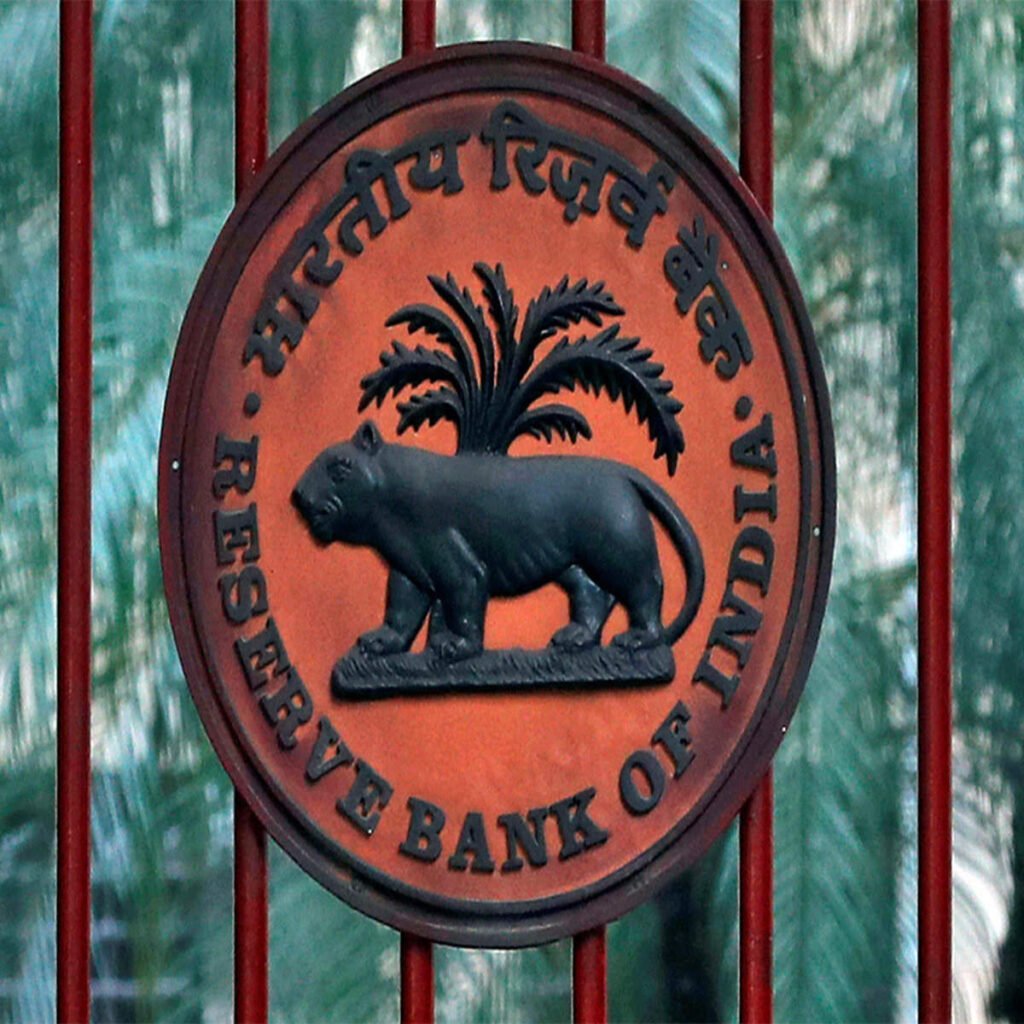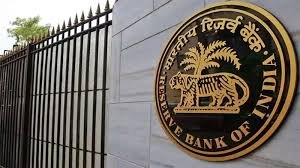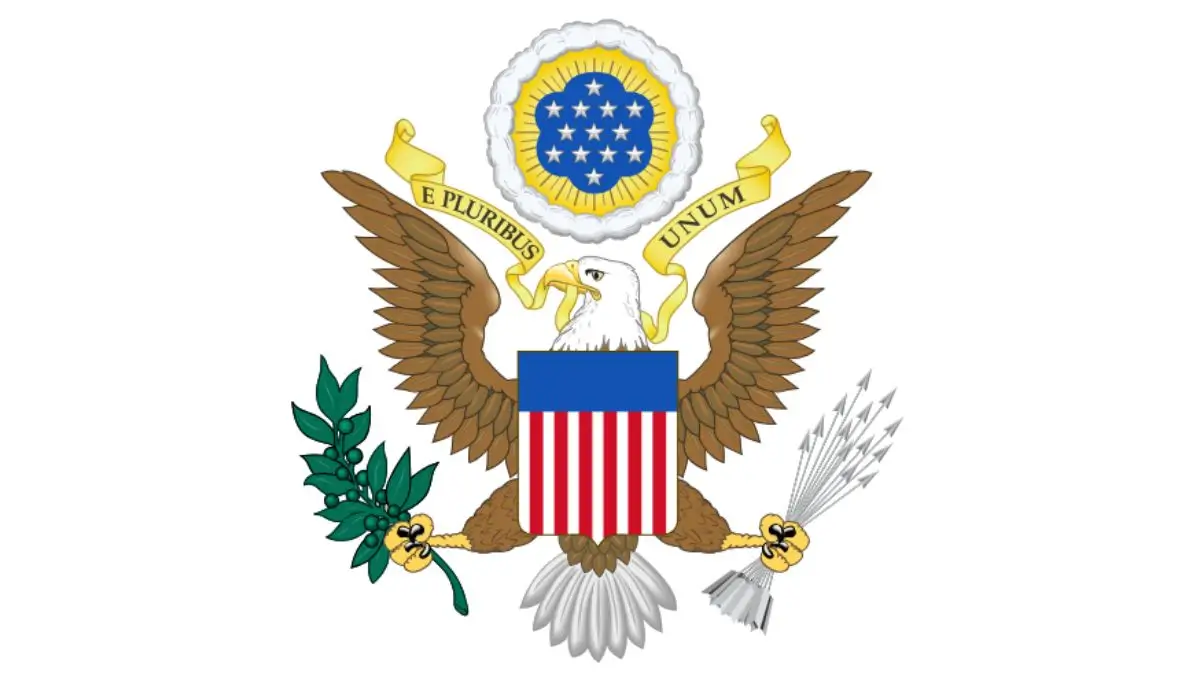RBI Prescribes Norms for Closure of DCCB Branches
The Reserve Bank of India (RBI) has recently prescribed new norms for the closure of District Central Cooperative Bank (DCCB) branches. These guidelines come as a significant development in the banking sector and have implications for candidates preparing for various government exams, including those aspiring to become teachers, police officers, work in the banking industry, railways, defense, or civil services like the PSCS to IAS. In this article, we will explore the importance of these new norms, provide historical context, and offer five key takeaways for students preparing for competitive exams.

Why this News is Important:
Importance of DCCBs in Rural Economy: District Central Cooperative Banks play a crucial role in the rural economy by providing financial services to farmers, rural artisans, and small businesses. These banks are instrumental in supporting agricultural activities and promoting financial inclusion in rural areas.
Impact on Banking Sector: The RBI’s new norms for DCCB branch closures have significant implications for the banking sector. It affects the operations and services offered by these cooperative banks, which, in turn, impact the access of rural communities to banking services.
Historical Context:
District Central Cooperative Banks have been an integral part of India’s banking landscape for decades. They were originally established to provide financial support to farmers and rural communities. Over the years, they have evolved and expanded their services. However, in recent times, several challenges and issues have arisen in the functioning of DCCBs. The RBI’s decision to prescribe new norms for their branch closures is a part of a broader effort to enhance the efficiency, transparency, and accountability of these banks.
Key Takeaways from the News:
| Serial Number | Key Takeaway |
|---|---|
| 1 | The RBI has prescribed new norms for the closure of DCCB branches. |
| 2 | These norms aim to improve the governance and financial health of DCCBs. |
| 3 | DCCBs play a crucial role in the rural economy by providing banking services to rural areas. |
| 4 | Aspirants of government exams should be aware of these changes, as questions related to banking and rural development are common in such exams. |
| 5 | The guidelines are part of broader reforms in the banking sector to enhance transparency and accountability. |
Important FAQs for Students from this News
Q: What are District Central Cooperative Banks (DCCBs)?
A: DCCBs are cooperative banks that primarily operate in rural areas, providing financial services to farmers and small businesses.
Q: Why has the RBI prescribed new norms for DCCB branch closures?
A: The RBI has introduced these norms to improve the governance and financial health of DCCBs.
Q: How do these norms affect the rural economy?
A: These norms have the potential to impact the accessibility of banking services in rural areas, affecting the livelihoods of rural communities.
Q: Why is it important for government exam aspirants to be aware of these changes?
A: Questions related to banking reforms and rural development are frequently asked in various competitive exams.
Q: What is the broader context of these changes in DCCB norms?
A: These changes are part of a broader effort to enhance transparency and accountability in the banking sector.
Some Important Current Affairs Links

















